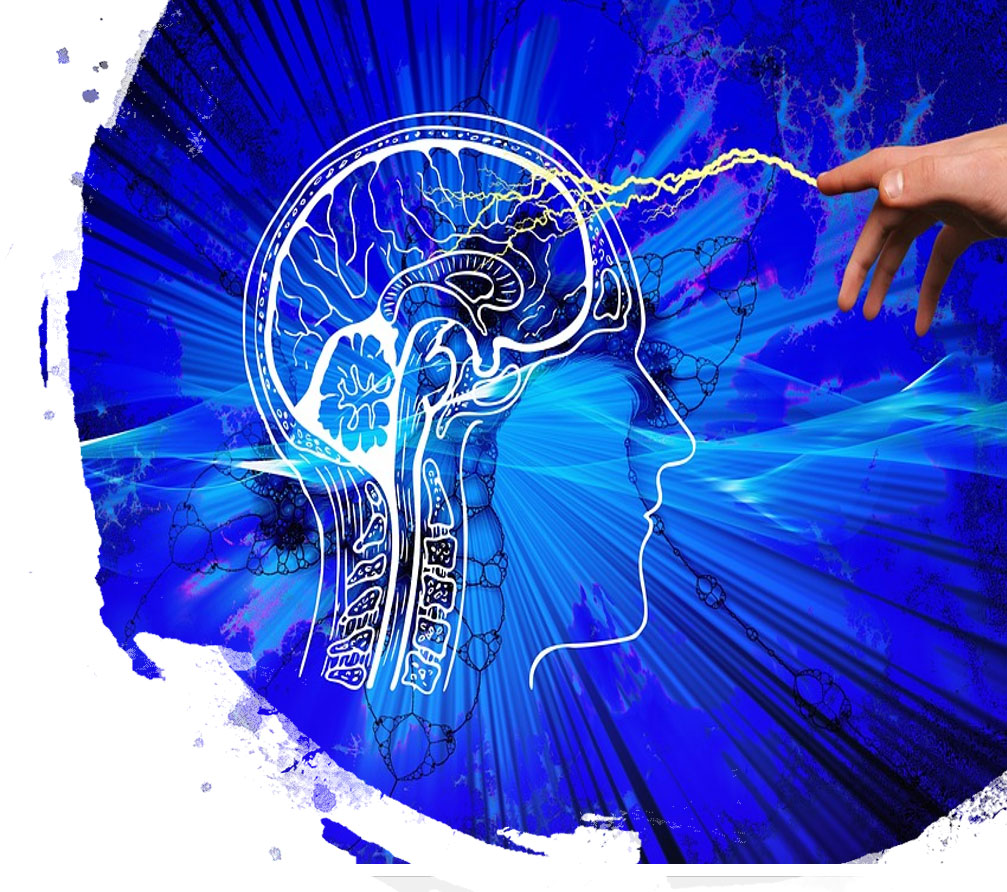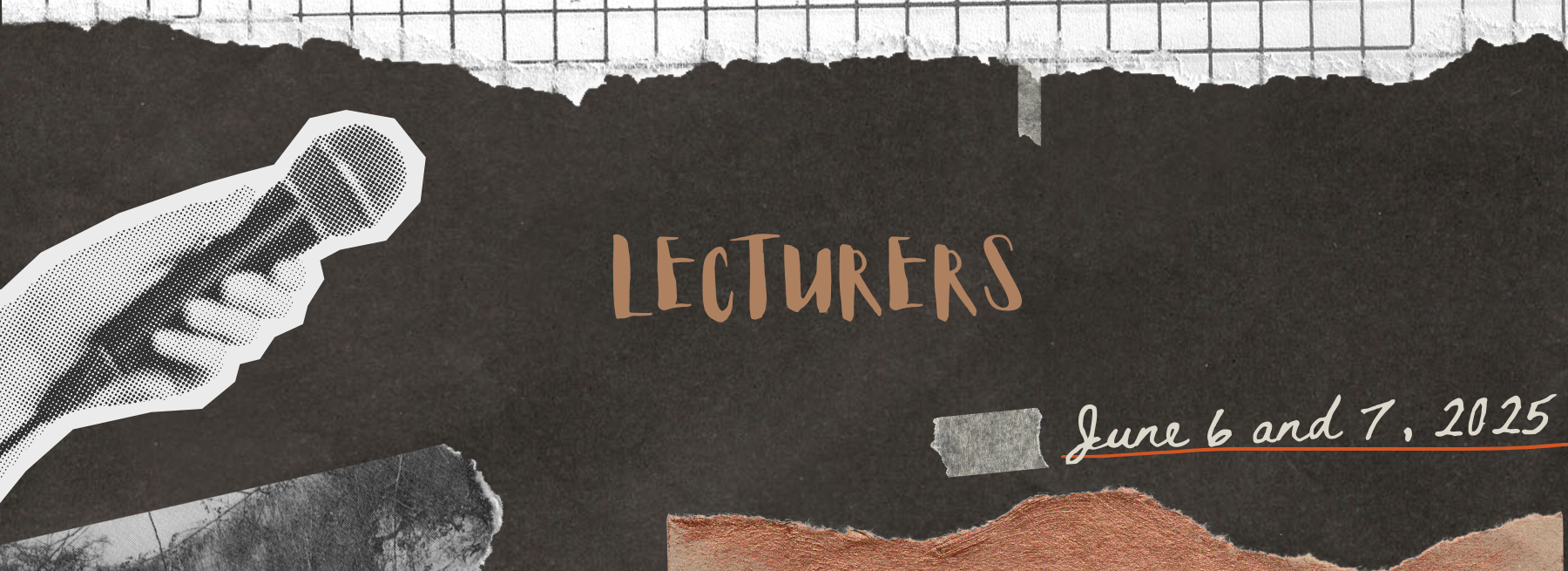
Prof. dr. METKA KUHAR (Slovenia)
Originally from Murska Sobota, Metka has been working as a lecturer, researcher, and consultant for many years. Her academic and professional work focuses on communication psychology, youth studies, and mental health, with a particular emphasis on contemporary concepts of trauma and its impact on individuals and communities. She is employed at the University of Ljubljana, where she habilitated in social psychology, with her research and applied focus lying at the intersection of social structures and personal life experiences.
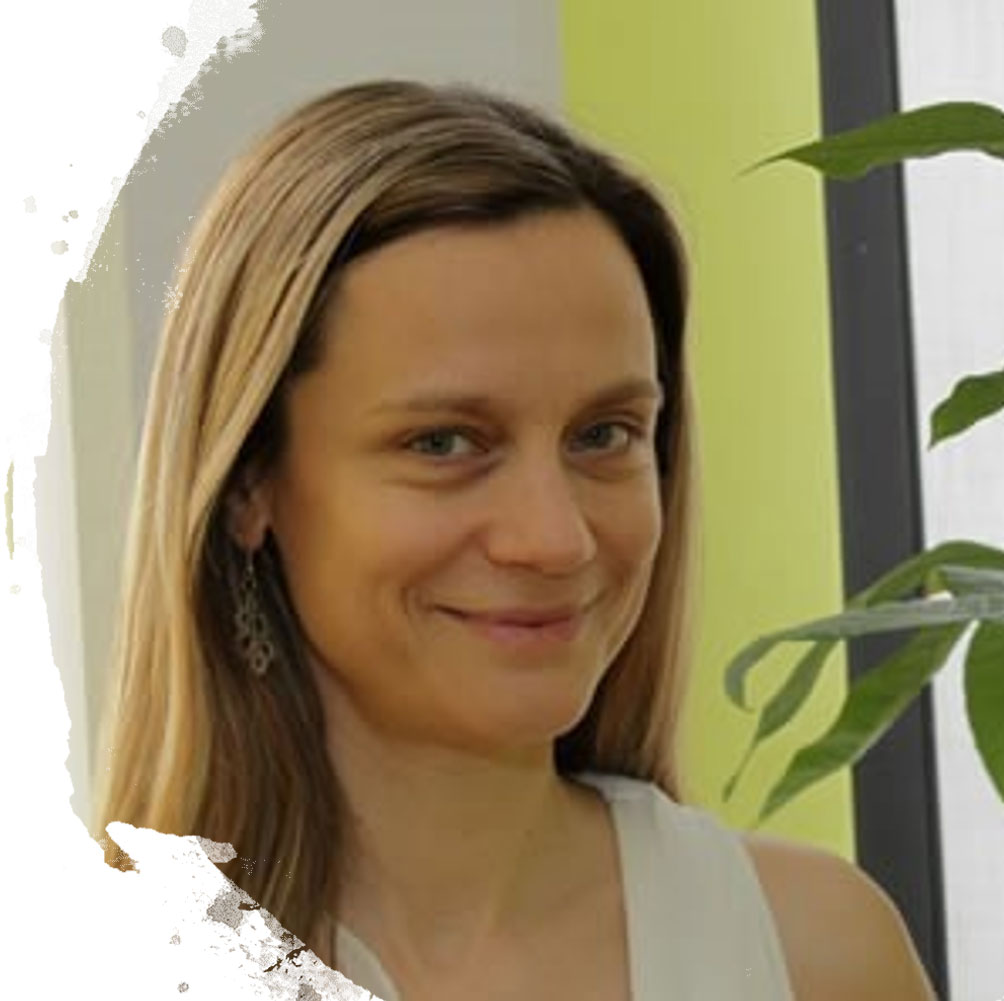
TRAUMA AND RECOVERY: RECOGNIZING AND ADDRESSING THE IMPACT OF TRAUMA IN CHILDREN AND ADOLESCENTS
This lecture will highlight the key factors contributing to the development of trauma and its impact on the mental health of children and adolescents. Special emphasis will be placed on understanding the emotional and behavioral consequences of trauma encountered in pedagogical practice and youth work. I will present the basic principles of trauma pedagogy and provide an example of a practical tool that educators in educational institutions or youth workers can use in their daily work to promote emotional regulation and improve interpersonal relationships. The lecture will also include findings from my research on the connection between adverse and positive childhood experiences and mental health.
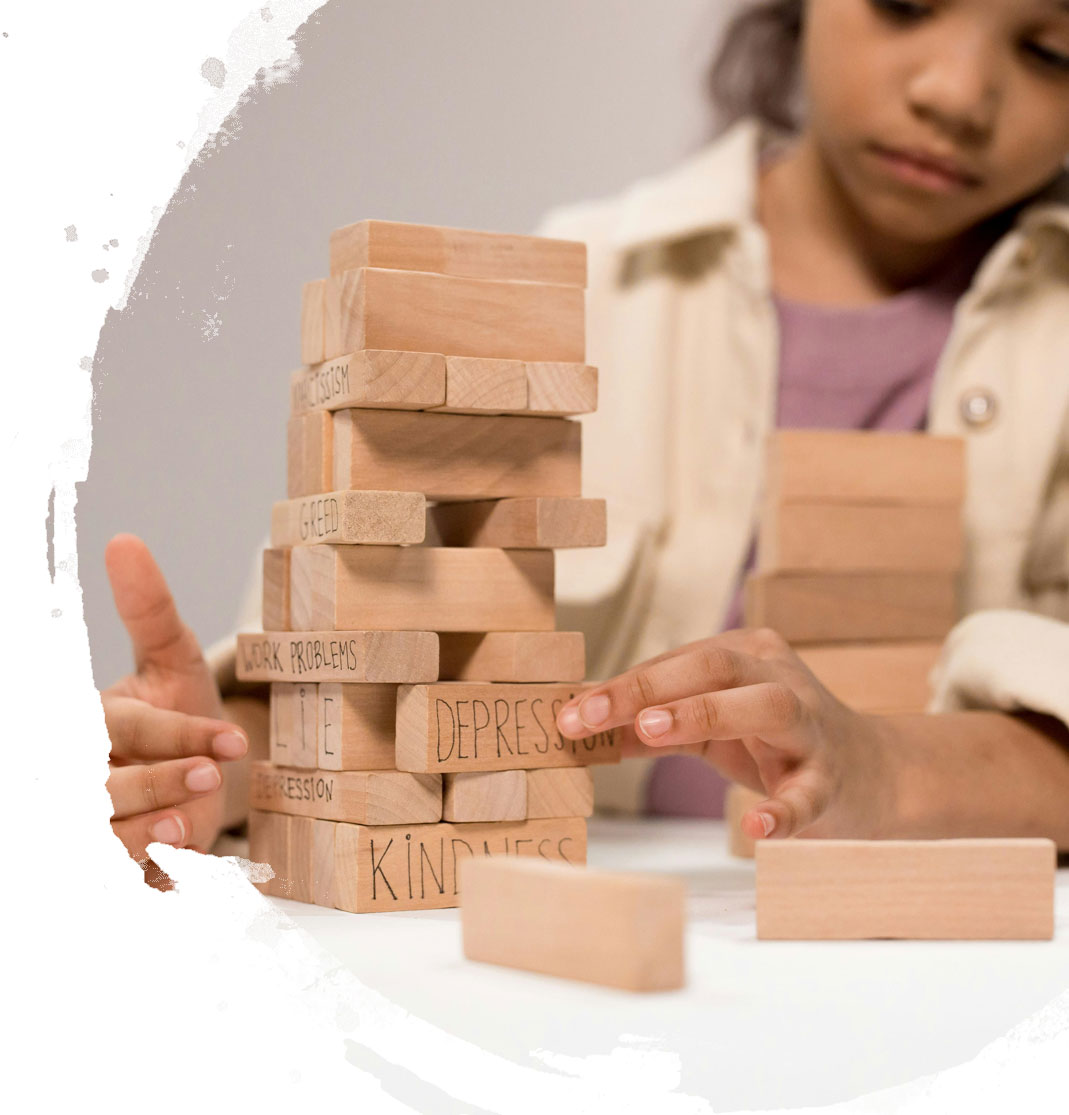
ANA SORIA (Spain)
Ana is a survivor of CSA (Childhood Sexual Abuse) and lives with C-PTSD (Complex Post-Traumatic Stress Disorder). During her personal journey, she discovered the transformative power of the voice and the body in confronting, navigating, and integrating trauma. This realization led her to develop her own method, Ser Voz (Being Voice), which addresses trauma through somatic and artistic practices.
From a young age, Ana was a vibrant, talkative, curious, and artistic individual. Her passion for the stage inspired her to study Performing Arts. This opened up a world of endless possibilities, where she trained in Physical Theater, Stage Management, Direction, Stage Production, Theater Pedagogy, and Social Theater with a focus on at-risk adolescents. Working with teenagers sparked her interest in integrating therapeutic approaches, such as Gestalt for Performing Arts and Gestalt Dream Analysis, into her work.
After many years in the artistic world as an actress, director, and facilitator in Barcelona, music became the catalyst for a life-changing move to Uruguay, where she lived for five years. During this time, she explored new disciplines and training, including Circus, Tantra, Sacred Sexuality, Womb Healing, and Ashtanga Yoga. She also earned a degree in Integral Educational Psychology through a Uruguayan-Spanish program.
Currently, Ana works as a therapist and facilitates group workshops focused on trauma integration, Nonviolent Communication, Voice and Sexuality, and Couples’ Tools. She also conducts awareness-raising talks on CSA and trauma.
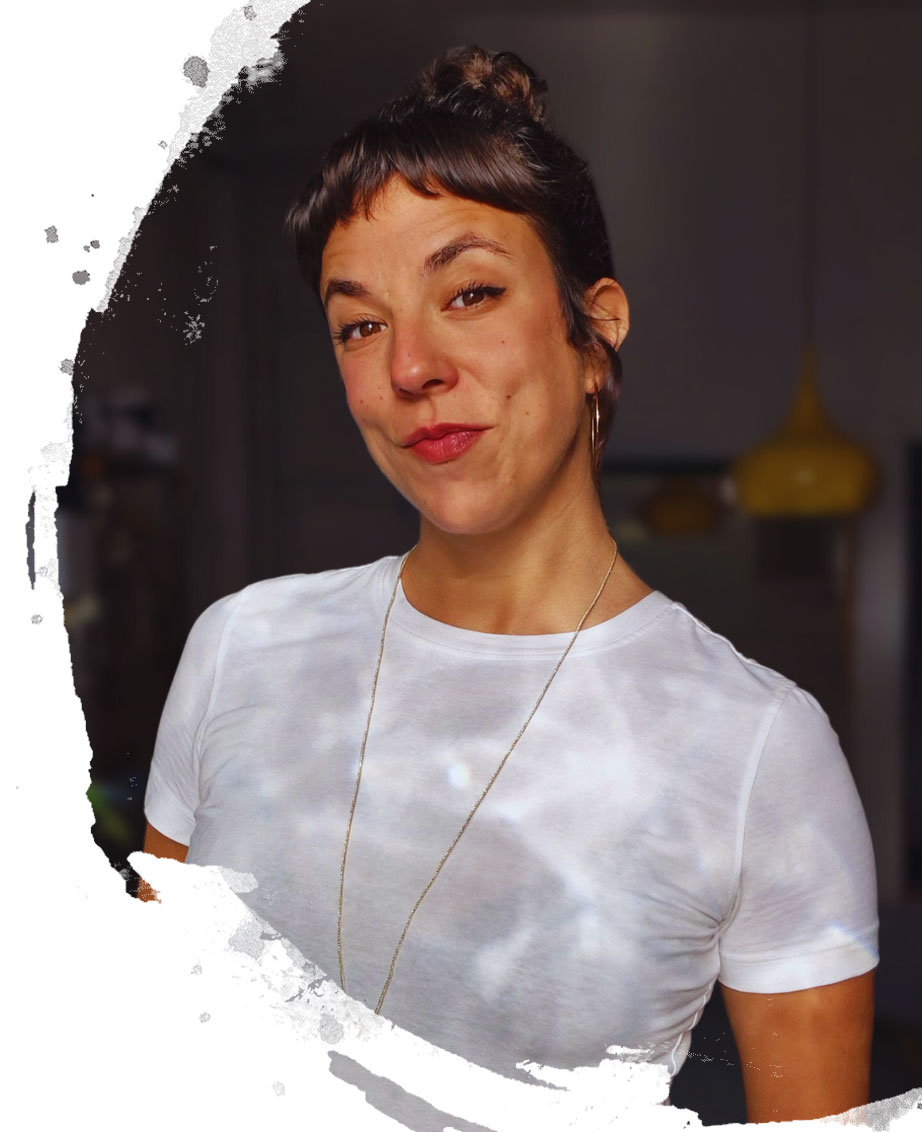
TRAUMA: A SOMATIC AND ARTISTIC APPROACH FOR YOUTH WORKERS
How to Accompany Teenagers from a Different Perspective
This talk aims to provide youth workers with a deeper understanding of trauma, its consequences, and practical tools to identify and address it. This will enable them to offer better support and guidance to teenagers. The focus will be on artistic practices, which help express repressed parts of the self, and somatic practices, which allow the body to release traumatic memories. These methods also provide accessible and practical tools for youth workers.
We will explore what trauma is, how it affects the brain, behavior, body, and emotions, and how to recognize its manifestations in teenagers. Additionally, we will introduce practical tools for working with traumatized teenagers, including: Non-violent communication, Managing panic attacks, Emotional literacy, Nervous system regulation, Self-contact practices, Body regulation technique.
The session will conclude with a Q&A to address participants’ questions and deepen their understanding of the topics discussed.
This talk seeks to sensitize and equip youth workers with the knowledge and tools needed to support teenagers who have experienced trauma, fostering a more compassionate and effective approach to their care.
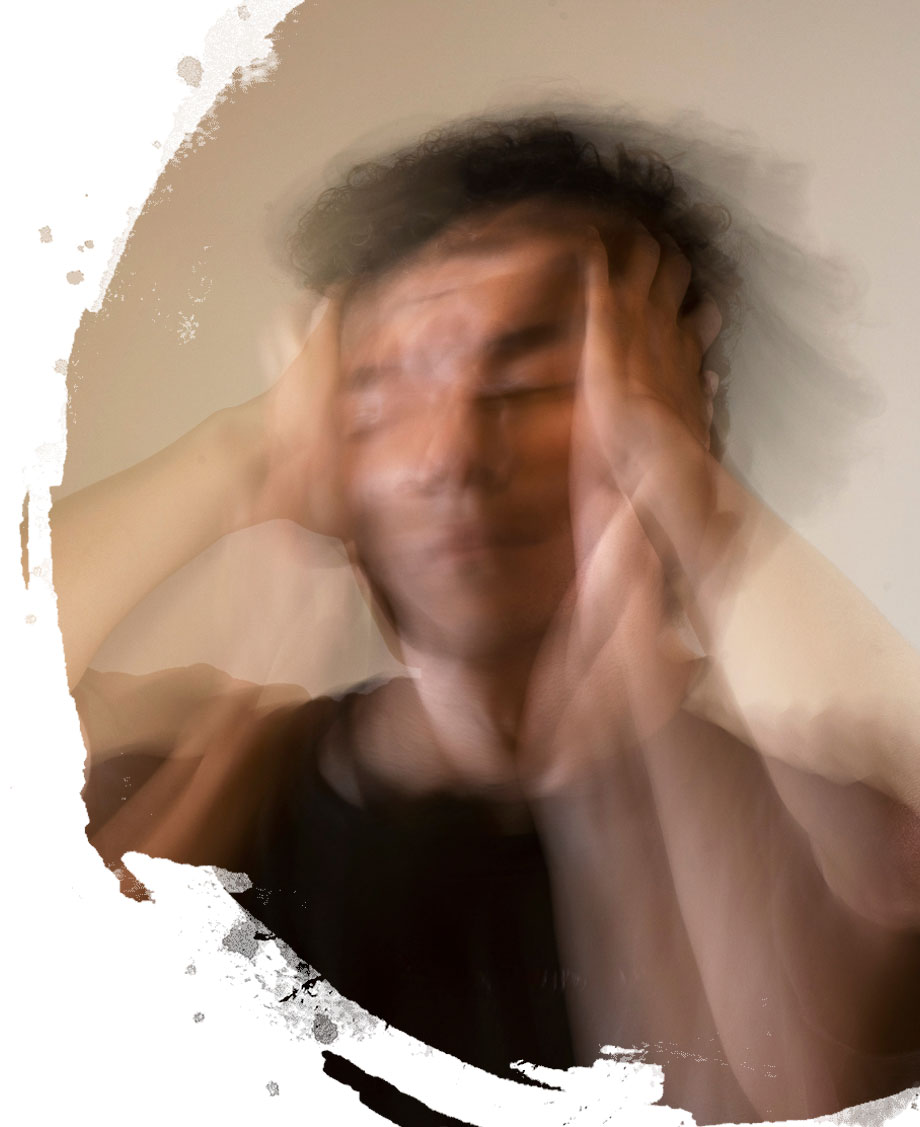
ŠÁRKA BARTŮŠKOVÁ (Czechia)
is a dance and movement psychotherapist, educator, and dancer with over eight years of experience in the Discipline of Authentic Movement and more than 20 years of experience working with children and youth. Originally from Czechia, she studied Social and Cultural Ecology at Charles University in Prague, alongside Dance Pedagogy at the Dance Center Prague Conservatory.
After completing her university studies, Šárka moved to Indonesia for nearly ten years, where she studied traditional Balinese dance, music, and culture. She also discovered movement improvisation and participated on projects connecting Balinese culture with other cultures through the Narwastu Art Foundation.
Šárka began working with children and youth in her late teens. In Bali, she taught at several schools and assisted with dance workshops at Kerobokan Prison, which deepened her belief in the transformative power of dance. Her experiences eventually led her to pursue Dance and Movement Therapy Masters at Codarts University in Rotterdam.
During her studies, she was introduced to the Discipline of Authentic Movement, which has since become a central part of her life and research. Šárka continues to practice with her teacher Céline Gimbrère and is training to become a teacher of the Discipline herself.
Now based in Denmark, Šárka works at alternative school-Roskilde Friskole, supporting youth with various challenges, specializing in students on the Autism spectrum. She organizes workshops for educators, focusing on well-being and body awareness through movement, and facilitates group dance therapy sessions and Authentic Movement workshops for adults.
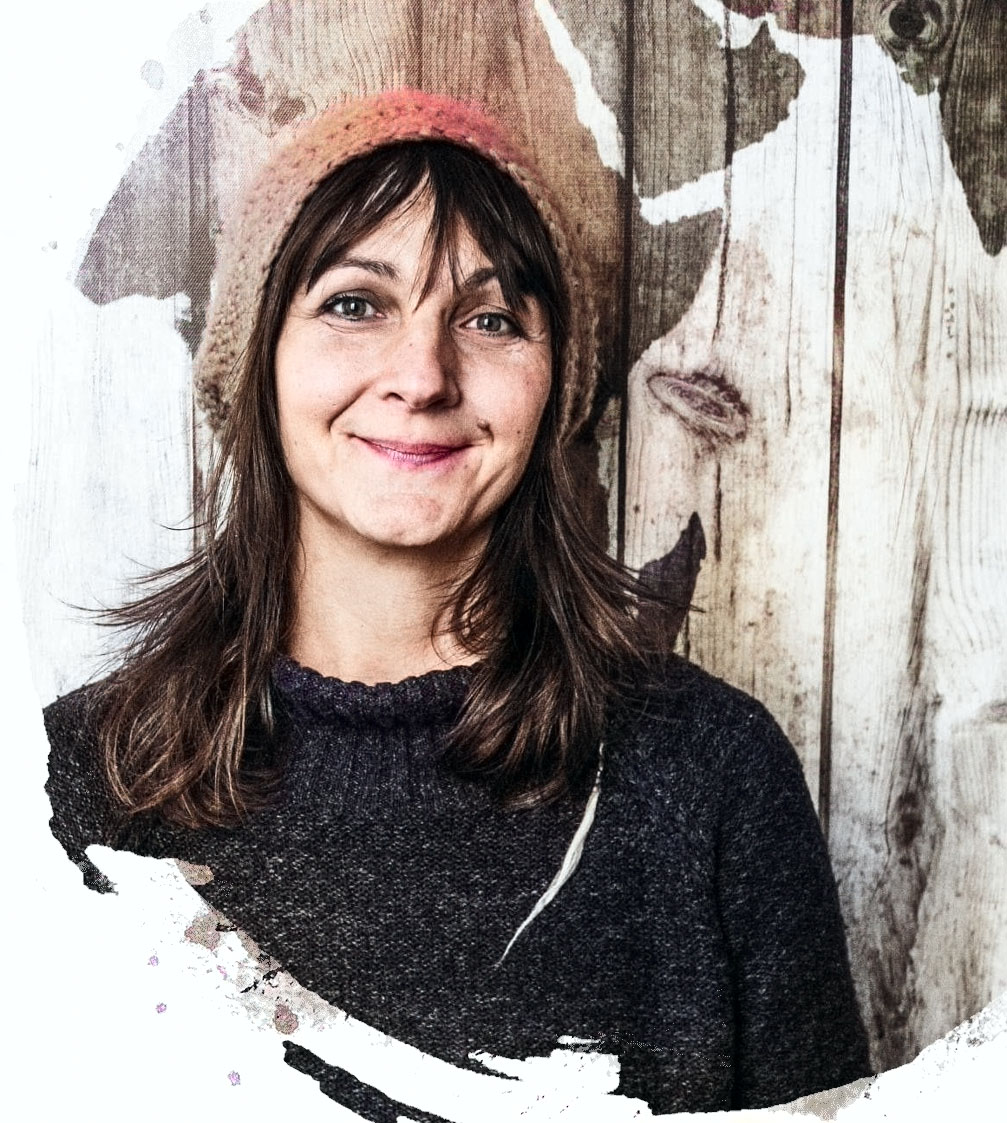
CLOSING MY EYES TO SEE YOU: AUTHENTIC MOVEMENT AS A TOOL OF WELLBEING AND PRESENCE
This presentation will offer an introduction to the basic principles and theory of Authentic Movement, followed by a short experiential segment and completed with practical examples from my work as a therapist and educator.
Professionals working in roles that require nurturing, guiding, and supporting others such as therapists, educators, and youth workers, carry a lot on their shoulders, often without full awareness of the load. Self-care, supervision, and space for self-reflection are fundamental for the well-being of both sides-the professionals and the youth they work with. Without self-care and self-awareness, burnout can become reality, and our ability to be fully present with those we take care of becomes compromised.
Authentic Movement offers space and tools to develop a non-judgmental quality of awareness towards our own bodies, thoughts, emotions and limits, which can be empowering and enable us to maintain healthy boundaries, stay present, and connect more deeply with our own creativity and intuition. From such a place of presence we can reach and develop our professional skills easier and build more compassionate and meaningful relationships with our youth, their parents and our colleagues.
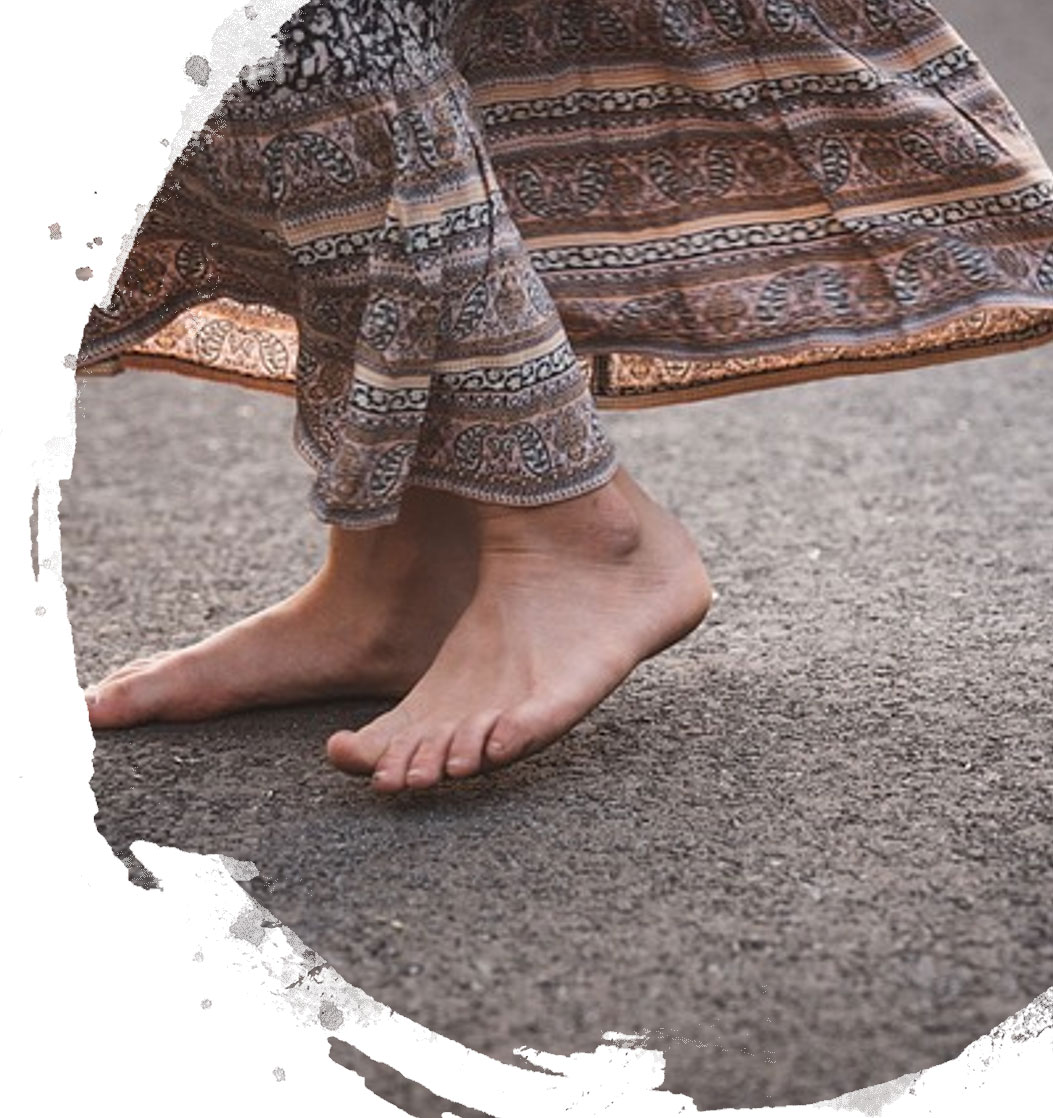
Prof. spec. ped. ANJA ANTOLOVIĆ (Slovenia)
Special Education Teacher and Founder of Studio Awen, an educational center that creates innovative programs for parents and teachers/educators through the blend of Celtic wisdom and modern pedagogy.
She began her professional journey with the belief that education must serve a broader purpose than the traditional approach.During her several years of work at the Special Education Centre Janez Levec and later at the residental and counceling institution Smlednik, she discovered the power of natural pedagogy while working with at-risk youth. Together with her colleague Andreja Žele, she continually developed and refined her ideas on natural pedagogy through direct work with children.Today, through Studio Awen, she develops programs for parents and educators based on the philosophy of respecting natural developmental cycles, where learning occurs spontaneously—through play, exploration, and a deep connection with nature.
In her free time, she enjoys horseback riding, and she has channeled her passion for writing into creating books for children and adults. Traveling with her son is her favorite adventure, as they incorporate a piece of each culture they encounter into their lives.
ANDREJA ŽELE (Slovenia)
is university graduate in education and cultural sociology with specialized training in special education for working with children with special needs. Since 2009, she has been employed as a teacher at the Special Education Centre Janez Levec in Ljubljana, in a department with an adapted program at Levstikov trg. She consistently enhances her knowledge in culture and the arts for schools, while in recent years, she has focused intensively on studying forest pedagogy. She collaborates with various institutions and organizes cultural events and activities for students from lower educational backgrounds. For several years, she has been leading interest groups such as the Film Club and Cultural Pleasures in Ljubljana. Since 2020, she has been co-leading the author project Natural Pedagogy with her colleague Anja Antolović.
In her free time, she is a passionate nature lover (hiking, cycling), and enjoys culture, education, and interior design.
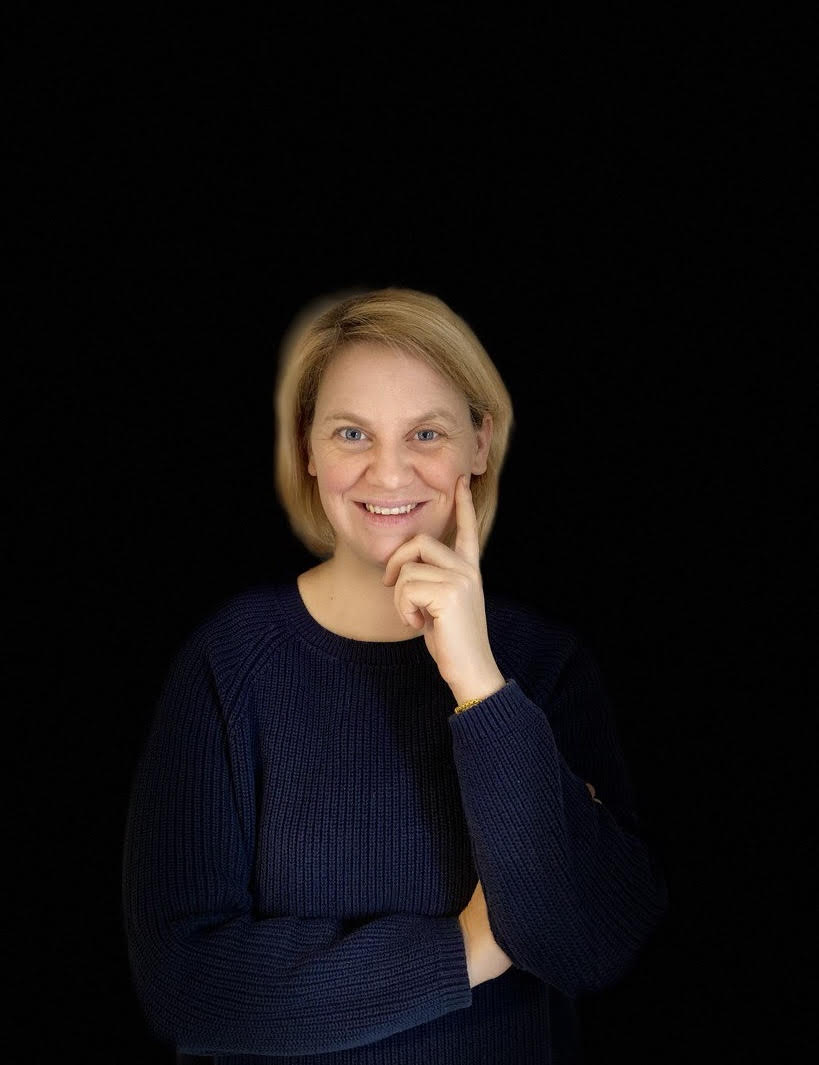
NATURAL PEDAGOGY – CLASSROOM IN NATURE – EXPERIENTIAL – PLAYFUL – INTERACTIVE
A lecture that combines ancient wisdom of nature with modern educational approaches. In 60 minutes, we will explore how the natural environment can become the best classroom for students.
POINTS OF DISCUSSION:
• The principles of natural pedagogy based on scientific research
• Successful “forest school” models from different countries
• Presentation of the “Natural Pedagogy – Forest Wednesdays” project
• Practical advice for starting your own classroom in nature
• Practical guidelines for safety and equipment
• Photos and video material from actual practice
• AWEN guided experiential circle exercise
• Ideas for involving parents in the process
FOR WHOM:
This lecture is intended for teachers, educators, and anyone who wants to enrich their educational approach with natural pedagogy.
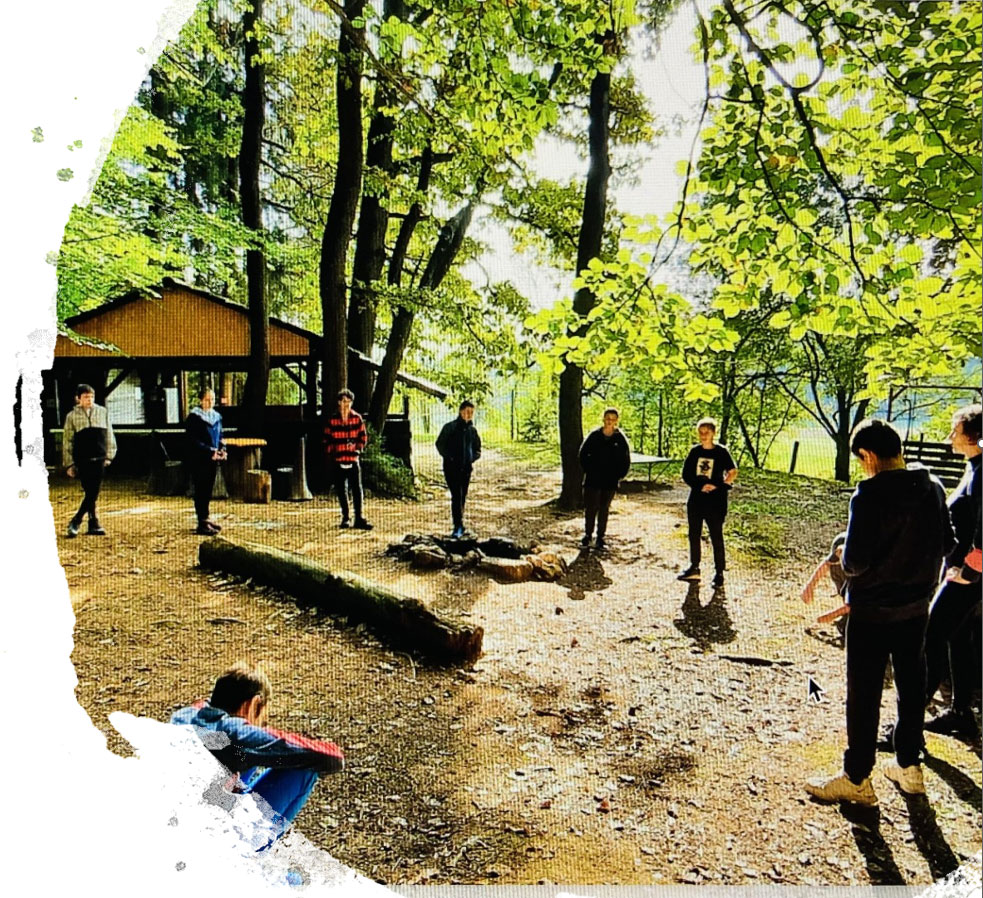
YOANA BARAKOVA (Bulgaria)
is a researcher and trainer specialised in the prevention of violent extremism. Originally from Bulgaria, she has spent the past decade living and working in Western Europe, contributing to research and various projects in this critical field.
With a Bachelor’s degree in Criminology and a Master’s degree in Intelligence and Security Studies, Yoana began her career volunteering as a mentor for juvenile offenders in the UK’s prison and probation services. Her deep interest in international relations and politics led her to the Netherlands, where she focused her research on conflict, terrorism, radicalisation, and human rights violations — particularly in Afghanistan, Pakistan, and India. As a researcher on South Asia, she has explored the complex geopolitical, historical, social, and cultural factors that drive conflict and violent extremism in the region. Her work has contributed to policy recommendations for decision-makers at institutions like the European Parliament and the United Nations, and the development of intervention projects aimed at training frontline practitioners and equipping youth with the tools to recognise and counter signs of radicalisation.
Over the past three years, Yoana has specialized in training youth workers to build young people’s resilience against violent extremism. Using media literacy strategies, capacity-building exercises, and empowerment workshops, she has helped young people develop critical thinking skills, confidence, and a stronger sense of agency. Additionally, she has actively worked to foster intercultural and interfaith dialogue between young people from Europe, Middle East, and North Africa. Through collaborations with organisations such as the Copenhagen Youth Network, she has designed and implemented training programs that challenge stereotypes, build lasting relations, and contribute to conflict prevention, resolution, and the fight against societal polarisation and extremism.
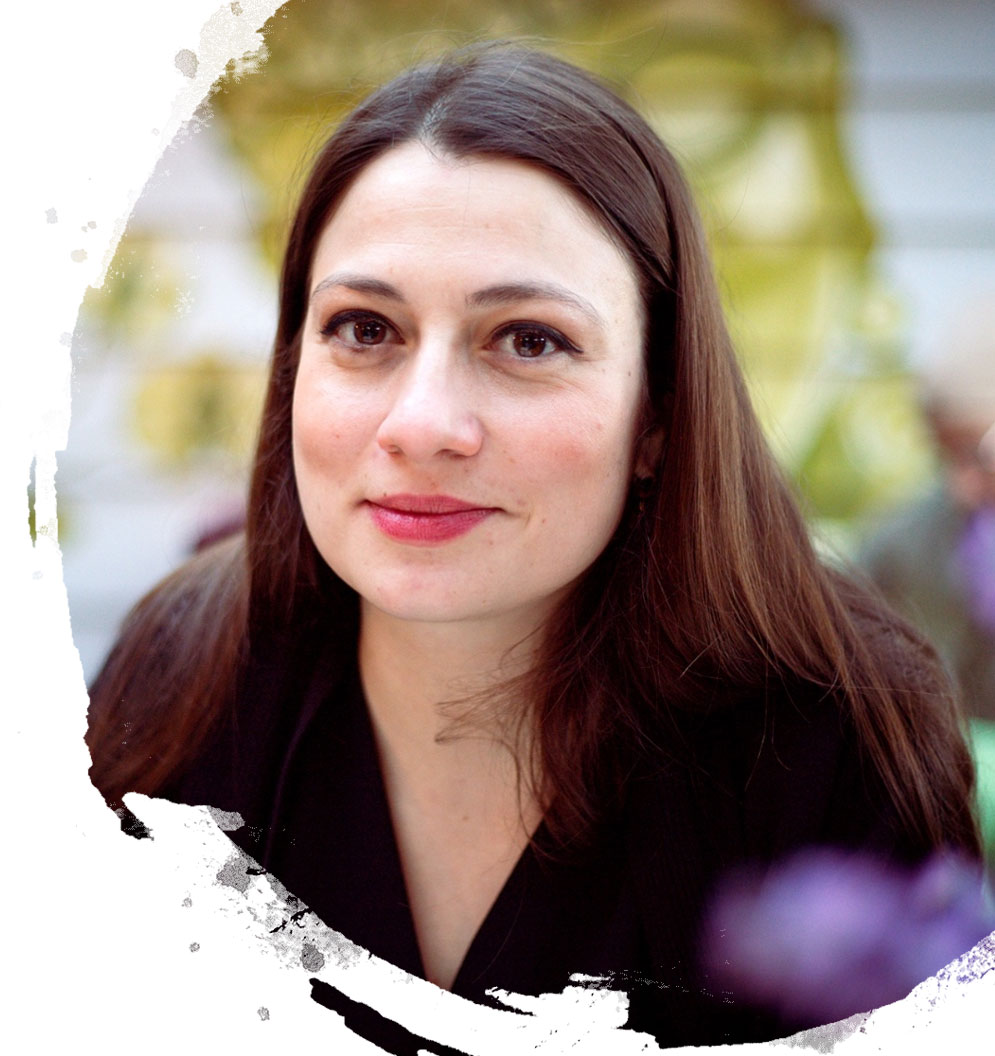
PREVENTING VIOLENT EXTREMISM AMONG YOUTH
The lecture will discuss how to reduce the risks of conflict among youth with a particular focus on understanding the processes of radicalisation to violent extremism and how youth workers can actively address them. Therefore, the presenter will delve into the factors that contribute to young people’s susceptibility to violent extremism, exploring the social, psychological, and environmental conditions that can foster radicalisation. The discussion will begin with the micro-, meso- and macro- levels of the push and pull factors to engagement with violent extremism. Thus, among some of them we would discuss the role of personal grievances such as sense of injustice, status seeking, search for belonging, as well as group polarisation and group isolation.
Afterwards, the session will outline effective, evidence-based strategies for prevention and intervention, focusing on community engagement, non-violent communication, education, mental health support, and alternative and counter-narrative campaigns. The presenter will provide youth workers with some guidelines on how they can design similar prevention campaigns in their local contexts based on their specific needs. As a result, participants could gain insights into how to contribute to the creation of resilient societies in the midst of the growing societal polarisation in Europe.
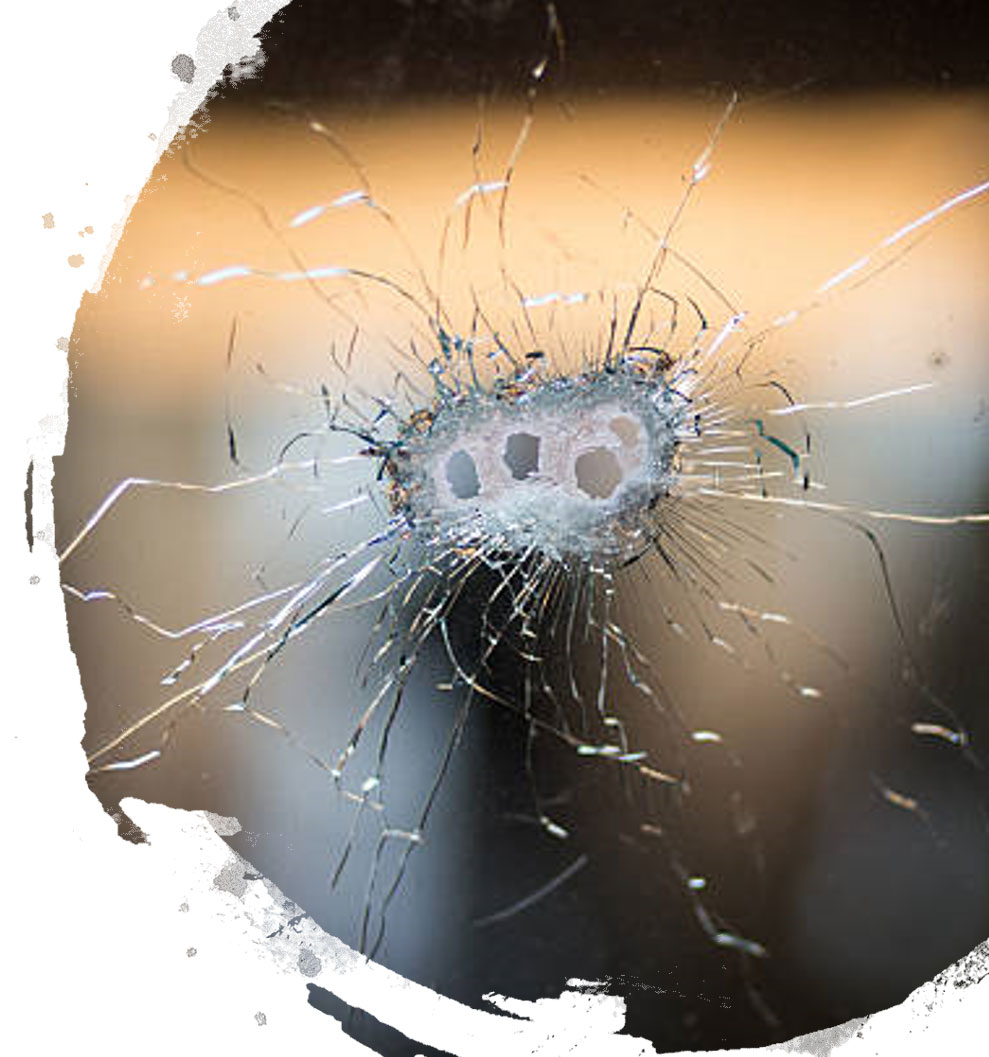
IRENA VALDES (Slovenia)
is an art therapist. She completed her Master’s degree in Art Therapy in 2008 at Alanus Hochschule, Alfter bei Bonn, in Germany. Since then, she has been dedicated to practice, presenting art therapy, and training professionals in Germany, Mexico, and since 2012, in Slovenia, where she also resides.
In Ljubljana, she collaborated as an art therapist with various professional institutions. In her multi-year professional collaboration with the Counseling Center for Children, Adolescents, and Parents in Ljubljana, she led art therapy workshops for groups of children and adolescents. She has also worked for several years as a specialist in art therapy for children and adolescents at the Ahil Counseling Center. In 2014, she expanded her knowledge in the theoretical part of her doctoral studies in developmental psychology. She reserved writing her doctoral thesis for a quieter period in her professional career.
She works at the multidisciplinary therapeutic center for children and adolescents, Obelisk, as an art therapist and the center’s professional manager. She also works as an external collaborator in a counseling capacity for students at the Waldorf School Ljubljana. She is the president of the Association of Art Therapists of Slovenia, which is a member of the Slovenian Psychotherapy Association and the European Federation of Art Therapists. Since 2022, she has worked as a supervisor for professionals in the field of working with children and adolescents. She continually educates herself by regularly attending conferences and training in various therapeutic techniques. In 2023, she took over the leadership of the Therapeutic Center for Children and Adolescents Obelisk and has since been responsible for the professional content and management of the professional staff.
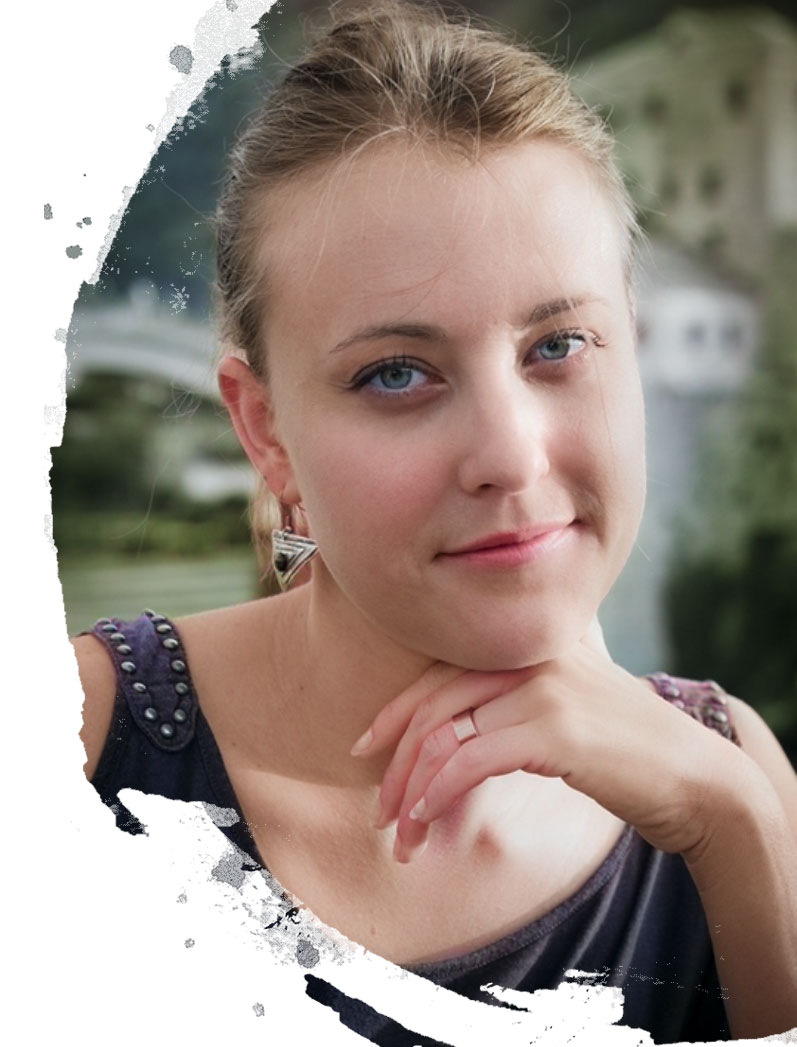
ART THERAPY
The lecture is intended to introduce art therapy. The time frame of the lecture allows for the understanding of the basic principles of art therapy. The lecture is based on two pillars. The first pillar is a brief theoretical background of art therapy, its principles, and its application, while the second pillar is the exploration of art therapy in practice through the presentation of a concrete example. In the workshop, you will experience how to playfully encourage non-verbal communication on a sheet of paper, which then transforms into verbal collaboration and acts as a connecting force.
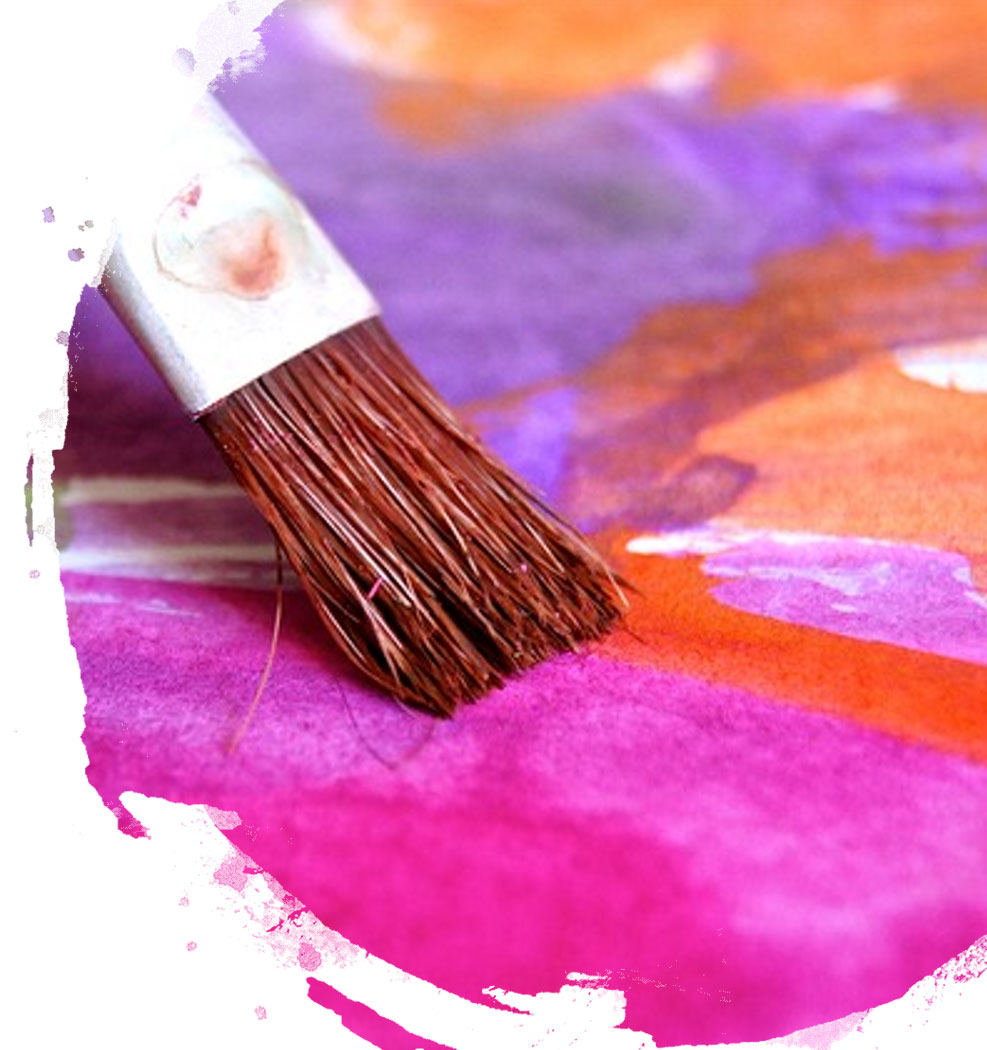
ARTUR C. JASCHKE PhD (Netherland)
Artur C. Jaschke (PhD) has obtained his Bachelor degree in Music
(Contrabass and Drums) at Dartington College of Arts (United Kingdom)
and the University of Otago (New Zealand). During this period he already
developed a strong interest in music cognition and the neurology of
music, which led him to complete his Master’s degree at the University
of Amsterdam (The Netherlands), in Musicology and Music Cognition
(thesis title: Controlled Freedom: Cognitive Economy versus Hierarchical
Organisation in jazz improvisation) and his PhD at the VU University
Amsterdam (The Netherlands) in clinical Neuropsychology with a
specialisation in clinical Neuromusicology (title: Is Music a Luxury?).
Currently, he is Lector Music-based Therapies and Interventions and in
Ecologies of clinical Neuromusicology: creative AI, Music Sciences and
Health Care Applications at the department of Music Therapy at ArtEZ
University of the Arts in Enschede the Netherlands, specialising in the
interrelation of music, technology and brain maturation in clinical and
non-clinical populations as well as clinical Research Fellow cognitive
neuroscience of music at the Neonatal Intensive Care Unit at the
University Medical Center Groningen and the Cambridge Institute for
Music Therapy Research (UK).
He works as Research Fellow at the University of Cambridge (UK).
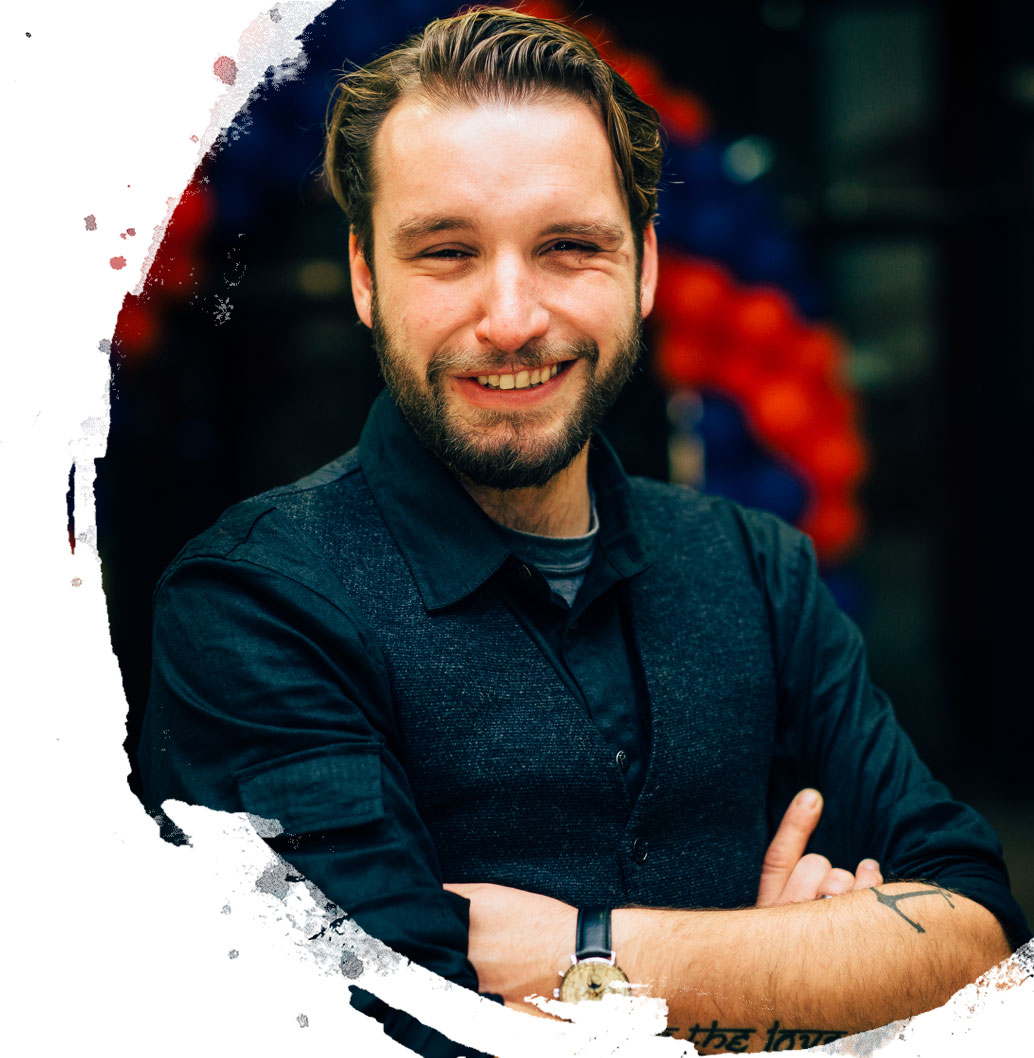
ECOLOGIES OF NEONATAL AND PAEDIATRICS CLINICAL NEUROMUSICOLOGY: A CASE OF UNLIKELY ALLIES?
This keynote will provide insight into neurosciences, brain anatomy,
brain pathology, and the impact of music on the nervous system and human
functioning in neonatal and paediatric populations. We will explore the
neuroscientific foundations of music and its use in clinical and
non-clinical settings. We will exchange and reflect on the impact of
pathology on human communication, cognition, movement, social behaviour,
and emotions and therefore build a base for the understanding of
(psycho)pathology. We will explore the connection between music and the
human nervous system and hoe music is applied improve cognitive
functioning and health.
